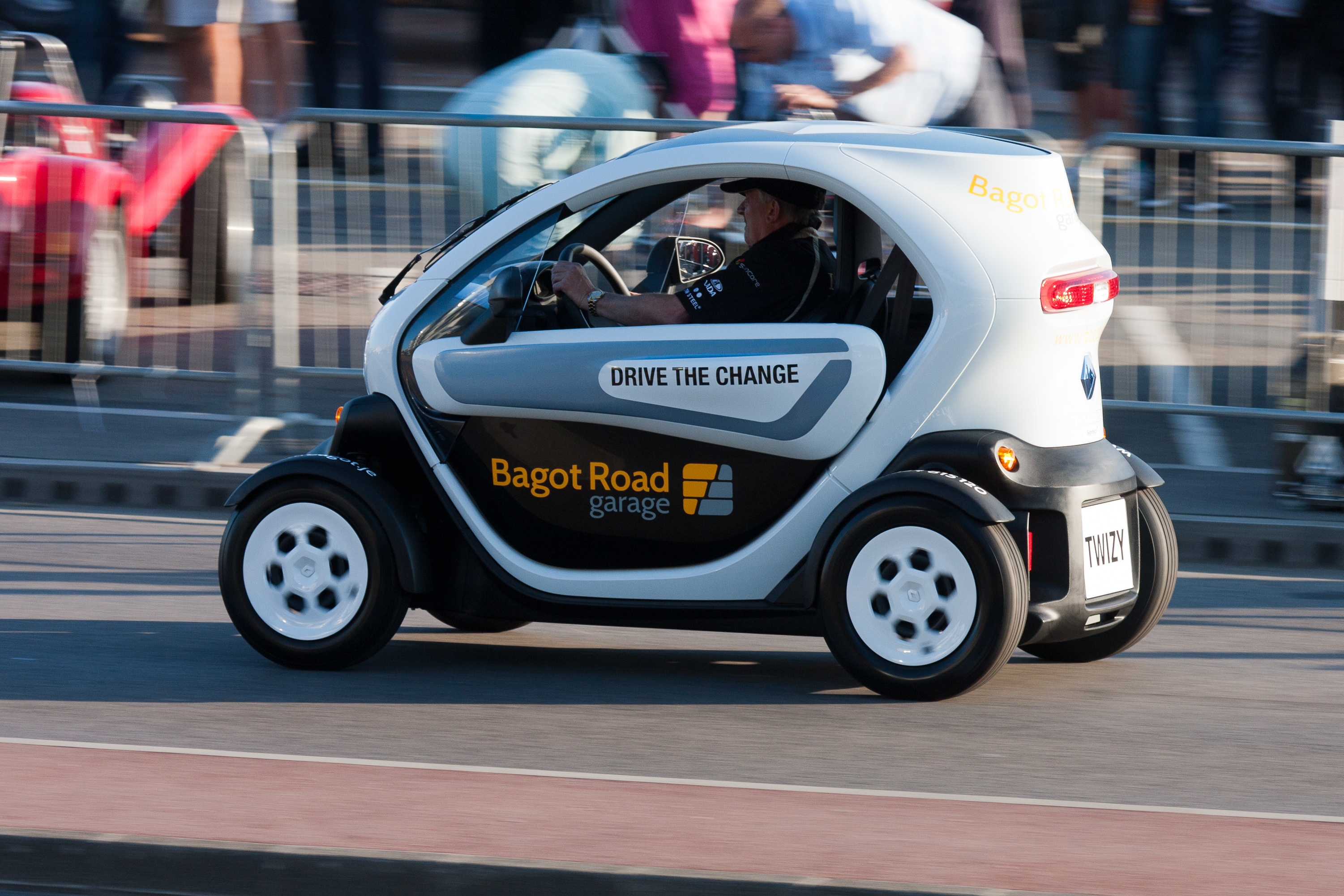 Even though electric cars are now considerably cheaper than they used to be a couple of years ago, and there are many more models that car shoppers can choose from, consumer interest in plug-in vehicles doesn’t seem to have increased. Results from a recent survey suggest that interest in electric vehicles among car owners has remained flat over the past three years, with sales numbers in 2015 not seeing a major increase over 2012.
Even though electric cars are now considerably cheaper than they used to be a couple of years ago, and there are many more models that car shoppers can choose from, consumer interest in plug-in vehicles doesn’t seem to have increased. Results from a recent survey suggest that interest in electric vehicles among car owners has remained flat over the past three years, with sales numbers in 2015 not seeing a major increase over 2012.
According to a new Harris Poll, electric vehicle sales in 2015 still only account for 3% of all new vehicle sales in the United States, the same as three years ago, even though there are now more affordable and more different models available for purchase than in 2012. A total of 2,225 car owners from across the country were surveyed online in this new poll, with 48% of them responding that they would consider buying a traditional hybrid, an identical proportion as in 2013. The number of consumers that would buy a plug-in hybrid and all-electric vehicles increased by two percentage points each compared to 2013, to 29 and 21, respectively.
Not only has this survey found that adoption of electric vehicles in America is not picking up pace, it also discovered the main reasons behind this lack of consumer interest in hybrids and pure electric cars. The results from the survey once again confirm that the biggest concerns car shoppers have in regards with EVs are the high costs associated with owning one and limited range, with 67% of respondents saying that the main reason they don’t want to buy an EV is the purchase price, followed by 64% of car owners responding that they are deterred by range anxiety, and 58% of them saying that they are mostly concerned about repair and maintenance costs.
Another interesting finding from this study is that Millennials are much more likely to consider buying a hybrid or a pure electric car than older consumers, with 57% of them saying that they would buy a traditional hybrid, compared to 43% of Baby Boomers, who currently represent the biggest consumer group in America. Interest in plug-in hybrids and all-electric vehicles was also found to be considerably higher among Millennials than older generations. This is highly likely a reflection of the higher environmental awareness among younger consumers and the fact that they probably understand this relatively new technology better than their older counterparts, which is also one of the obstacles electric vehicles face.
To sum up, this survey clearly shows that electric vehicles are not going to become commonplace before purchase price and other ownership costs drop considerably, which suggests that EV adoption will accelerate greatly as soon as electric drive technology – primarily battery packs – becomes substantially cheaper.